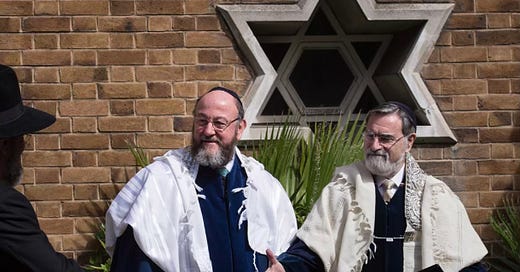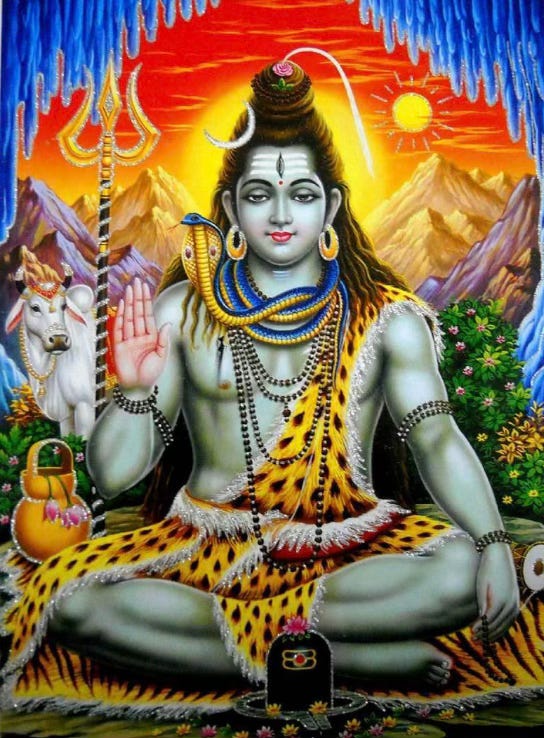Just who are the “ultra-orthodox” in Israel that Bibi Netanyahu serves similarly as Trump serve his magas?
A good way to look at them for our purposes, as groups of support rather than as how as religious groups they vary. The Ultra Orthodox Jews may or may not be more religious than many of the Maga church people. In no way can I be the judge of what is in the hearts of people, but what they claim to stand for.
Perhaps a more familiar sub culture or sect within the Jewish religion is Hasidic and dividing that further, is another Haredi. After some looking at the current situation as things change with the generations, it looks to me Haredi are as sub of Hasid but are gaining in population and therefore strength of voice. I’m not aware that either of these communities are “joined” but populated by the strength of the birthrate.
Pronunciation on all is a soft “ch” sound (Like clearing ones throat quietly,) not a hard H. Said as in Hanaukah, the holiday used to be written Chanukah. Hamas, the same, btw.
"Hasidic" is written in Hebrew as "חסידות" (pronounced "Chassidus") and read from left to right. Again you see a “ch” so sound as I mentioned, softly. It’s neither, it’s the letter on the far left in Hebrew.
Haredim (the plural of Haredi) is who are hold the right in Bibi’s government.
…while Hasidic Jews are considered a subset of Haredi (ultra-Orthodox) Jews, not all Haredi Jews are Hasidic; the Haredi community also includes "Mitnagdim" (Lithuanian) groups who have a different approach to religious practice, although both groups adhere to strict Jewish law and are considered ultra-Orthodox.
Key points:
Haredi:
The broader term referring to ultra-Orthodox Jews, encompassing both Hasidic groups and non-Hasidic groups like the Lithuanian Jews.
Hasidic:
A specific sect within Haredi Judaism, characterized by a more emotional approach to worship and strong devotion to a charismatic leader (rebbe).
This from Wikipedia may also be helpful in getting the hang of this subculture we don’t know well in the states. There are communities in NY, in Brooklyn mostly. They populate about 15% of the overall population of Jews and Israel, Australia, Canada.
Haredi Judaism (Hebrew: יהדות חֲרֵדִית, romanized: Yahadut Ḥaredit, IPA: [ħaʁeˈdi]) is a branch of Orthodox Judaism that is characterized by its strict interpretation of religious sources and its accepted halakha (Jewish law) and traditions, in opposition to more accommodating values and practices. Its members are usually referred to as ultra-Orthodox in English, a term considered pejorative by many of its adherents, who prefer the terms strictly Orthodox or Haredi (plural Haredim). Haredim regard themselves as the most authentic custodians of Jewish religious law and tradition which, in their opinion, is binding and unchangeable. They consider all other expressions of Judaism, including Modern Orthodoxy, as deviations from God's laws, although other movements of Judaism would disagree.
As a child of the 1950’s, I can report the thrust then of most Jews that came to the states, was assimilation although temples were made and Hebrew schools were attended. In the states, the pull to not assimilate, to cling to custom or dress was seen as, plainly, as holding on to the life forced on them in pogroms. That’s… weird. - my Aunt Gladys
One of the dividing lines of attire was the prayer shawl and tallit which gets a link because this is all the little minutia that more Americanized Jews wanted to simply let go. Orthodox Jews in America often wear the shawl but only in temple. Oy, the lines of division. More “Orthodox” wanted to keep, keep keeping, codifying and slicing dicing and voting on. It’s why Bibi’s “people” can never make a decision. Where the hell to put the lines! - clearly my opinion
On now to sitting shiva - Not sitting Shiva.
He does sit however.
Sitting shiva is a Jewish mourning period that takes place in the home of the deceased for seven days after the burial. It's a time for mourners to grieve, reflect, and receive support from others.
It’s of interest perhaps, that Jews must be buried asap. Next day after passing if possible. It’s a one day rule. It’s all about the rules as are most religions.
For our intro discussion it works to have us understand Judaism as a cake with many layers. Everyone is Jewish, all the same torah. It’s all about just how many rules you’re interested in having in your life. Rules and laws like the ones about food and about burial one can see and it’s argued among scholars, that these laws are about health more than custom. So,… rules, laws, customs were sorted, tossed or kept along the journeys and travels of the people. It’s 5785 years, already. Things change but not everyone wants to and thats ok to. anyway,
According to Jewish law, a deceased person should be buried as soon as possible after death, ideally within 24 hours, in a simple wooden casket without metal parts, dressed in a plain white shroud, and buried in a Jewish cemetery, with the body fully intact, as cremation and embalming are forbidden; the burial should occur in a way that allows the body to naturally decompose and return to the earth, signifying respect for the body as a vessel of the soul.
Mourners traditionally sit on a low stool to be close to the earth and their loved one. People bring food as they visit and “sit” with the mourners as the mourners aren’t expected to care for themselves. Ones clothing is torn (Now a ribbon is worn and it is cut at the gravesite by the rabbi.) The torn clothing or ribbon is worn for the seven days. No recreational actives or “fun” are practiced during these days. For close family, a mourning period of one year follows as in many societies and religions.
So, a minion, is a group of …
um no.
A minyon, Y-o- n, (it’s Hebrew so…., I thought it was minion just as I still think it’s Chanukah.)
A minyon: You need 10 to make it nice.
A minyan is a group of at least ten Jewish adults who are required for certain religious observances. The word "minyan" comes from the Hebrew word minyān, which means "number" or "count".
It’s all a little mishuggah? no? The Hacids love it.
Here’s more about the rules, it’s best to tell it the way grandma might, in Yiddish. Yiddish comedy and in Yiddish! Don’t worry you’re up to it.
So, not really so much about Yiddish today, but Yiddish adjacent information to help with the news.
Thanks for being here. I wouldn’t be here without you.
❤️








Thank you. Religion is fascinating. My parents did not attend church. I have no information about what religion the Heides were when they left Germany in the 1880’s. Probably Lutheran-adjacent. They even assimilated the pronunciation from the German “hi-Duh” to “hi-Dee”.
Hi Gari, you have educated me about some things I have never understood before! I really enjoyed this and appreciate it and I enjoyed the video. (I need a change from rural Montana!🤪)
🙏🌸✌️